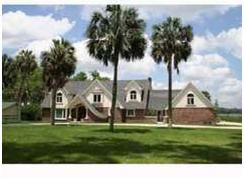Melbourne Melbourne International Airport, which consists of approximately 2,800 acres, serves the county with six airlines providing service to more than 500,000 passengers per year. Cultural and recreational opportunities abound, with places of interest including: Florida Institute of Technology Botanical Gardens, Space Coast Science Center, King Center for the Performing Arts, Brevard Community College, Melbourne Square Mall and Brevard Art Center & Museum. Historic Downtown Melbourne offers quaint restaurants, galleries, antiques shops, and is the site of many craft shows and special events. Melbourne takes full advantage of its climate and location, which make it ideal for pursuing outdoor activities. Residents and visitors alike can enjoy tennis, golf, boating, swimming, and the numerous parks and nature trails year-round. Demographics Residents of Melbourne typically live in two-income households. Most are homeowners in suburban neighborhoods or in condominium complexes. A portion of the population lives in multi-family structures.
Melbourne was named in 1880 when homesteader Harry Goode's 8-year-old daughter drew its name on the longest of three broom straws. Melbourne was incorporated in 1888 and merged with Eau Gallie in 1969.
 Today, the City is approximately 35.4 square miles in size, with about 75% of that land in use. The population is growing by about 2% each year, and currently stands at approximately 74,644.
Today, the City is approximately 35.4 square miles in size, with about 75% of that land in use. The population is growing by about 2% each year, and currently stands at approximately 74,644.
For entertainment, residents of this city enjoy golfing, fishing, boating, sports, and may participate in youth sports and family outings.
Content provided by http://www.FloridaToday.com

Website Design by Colony One
